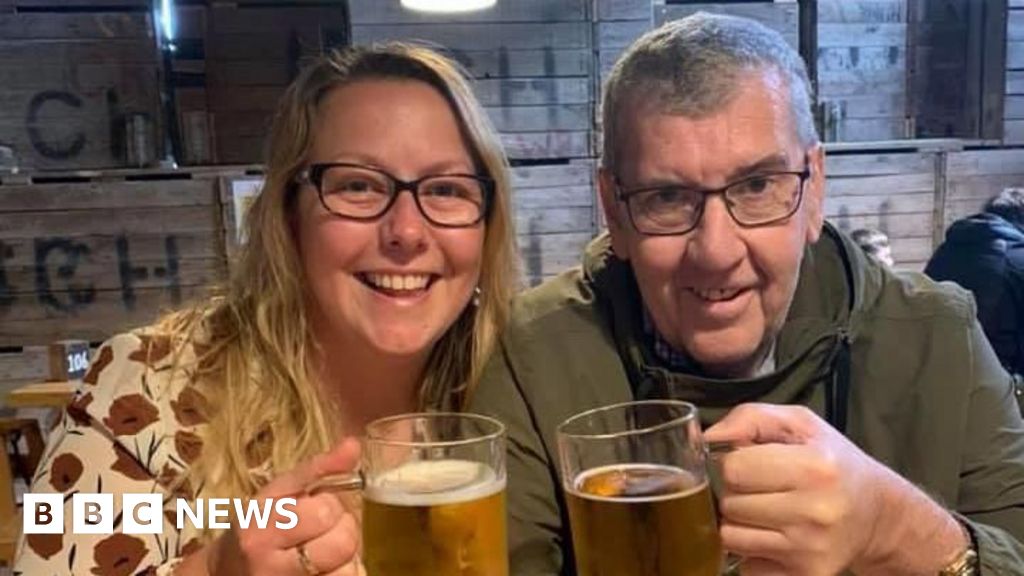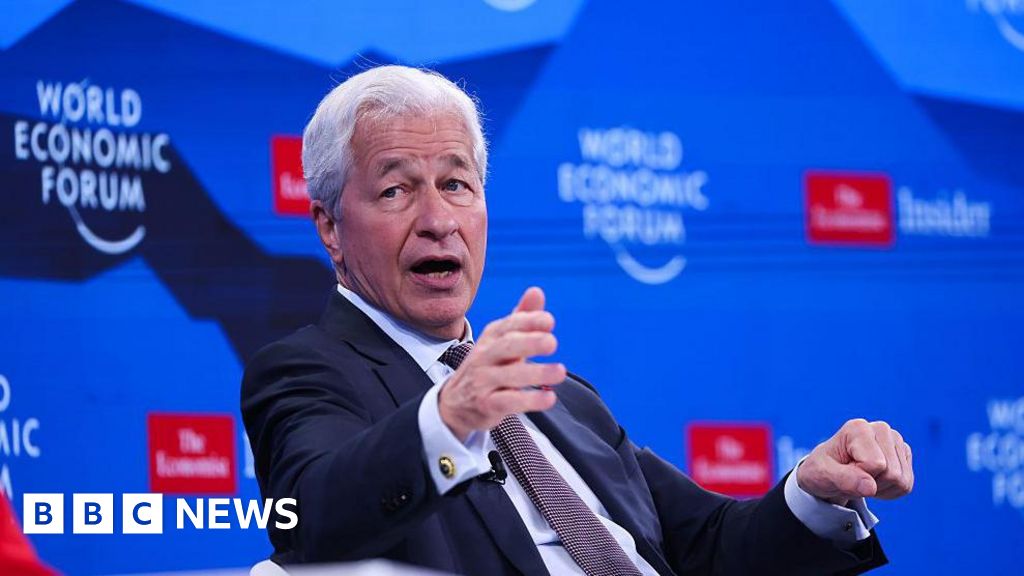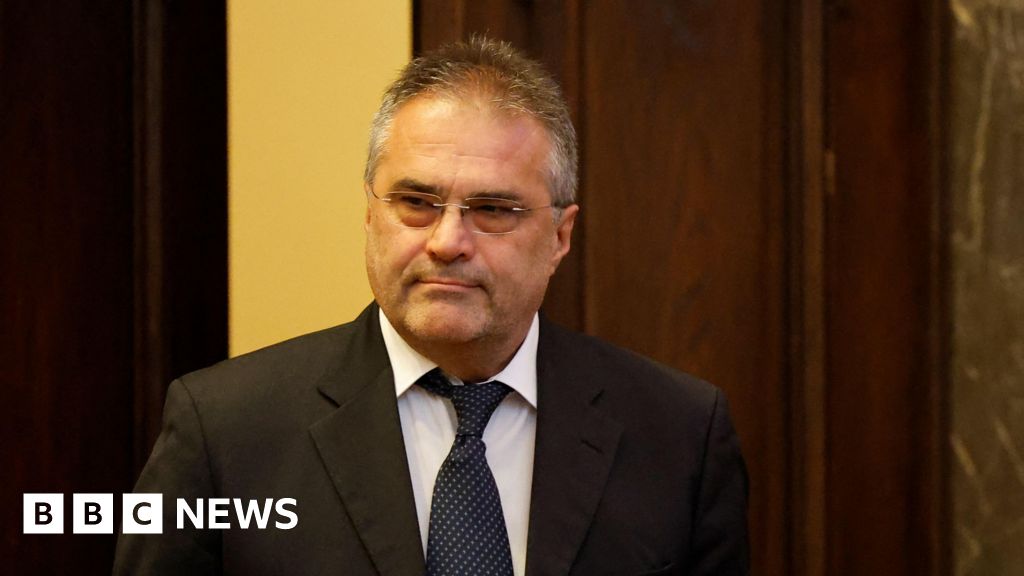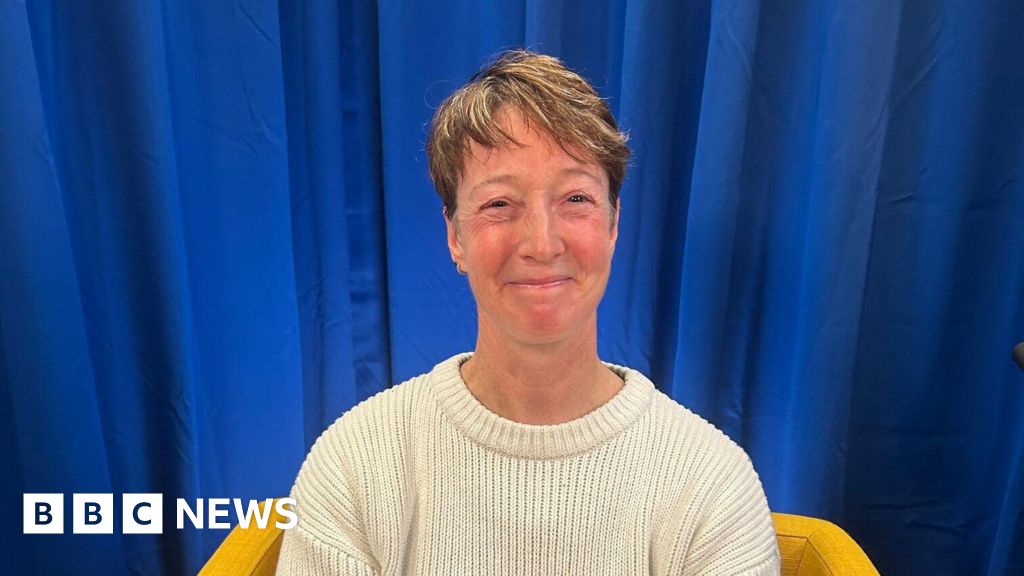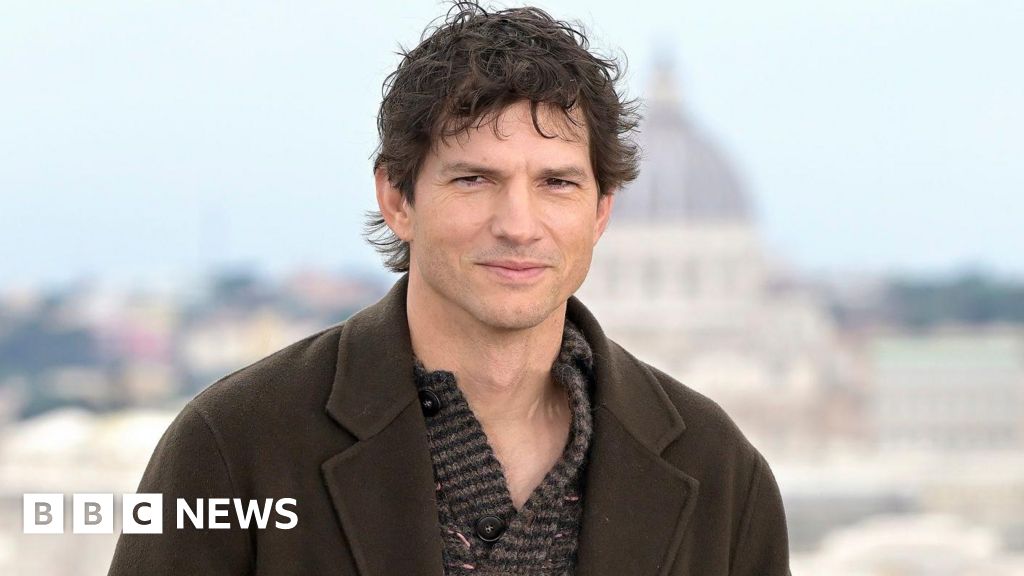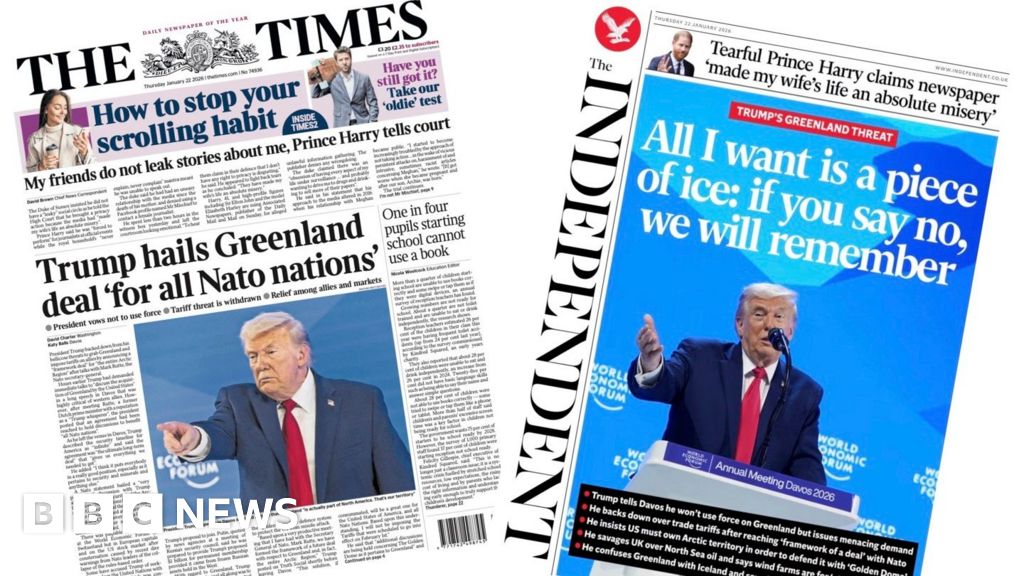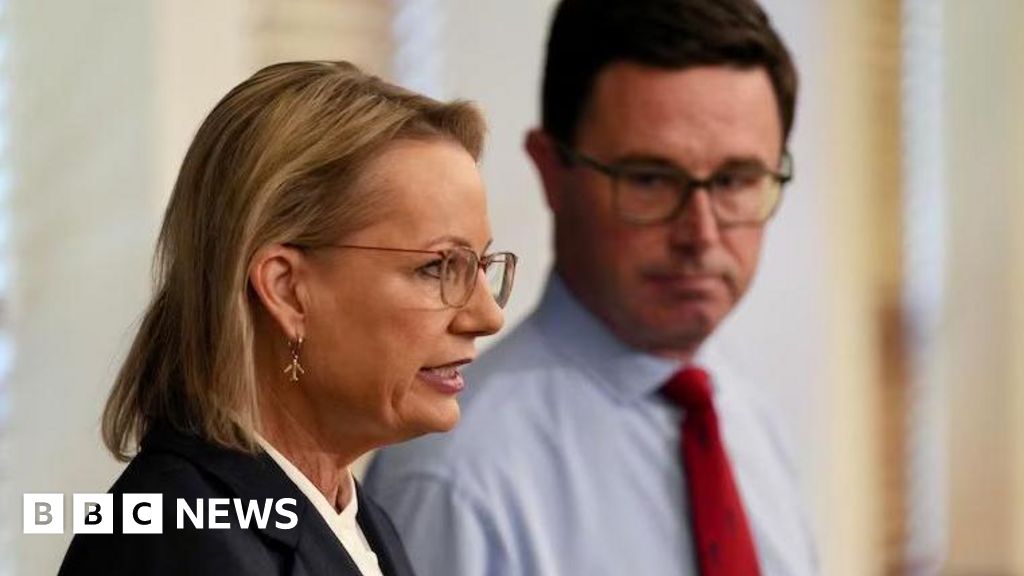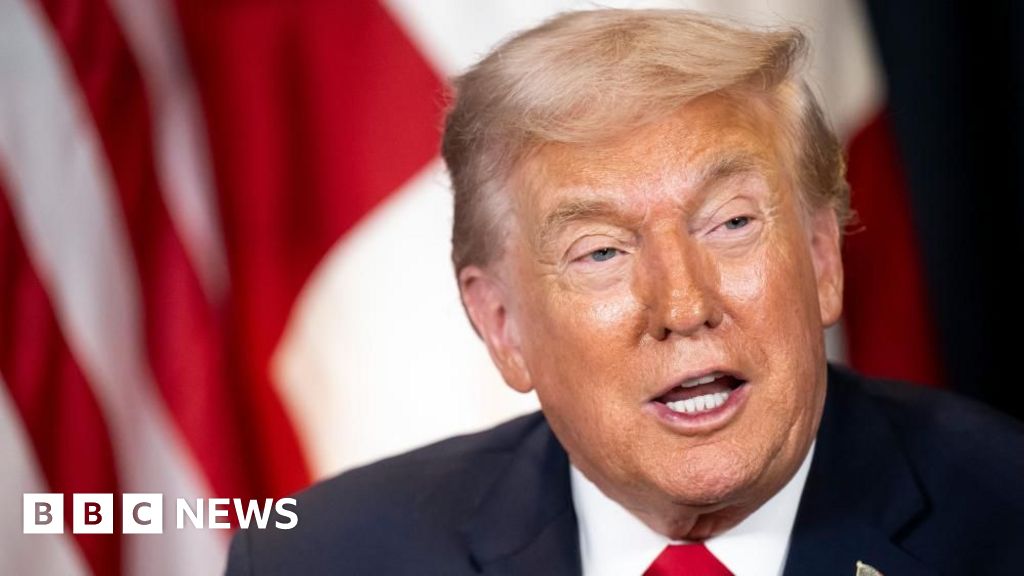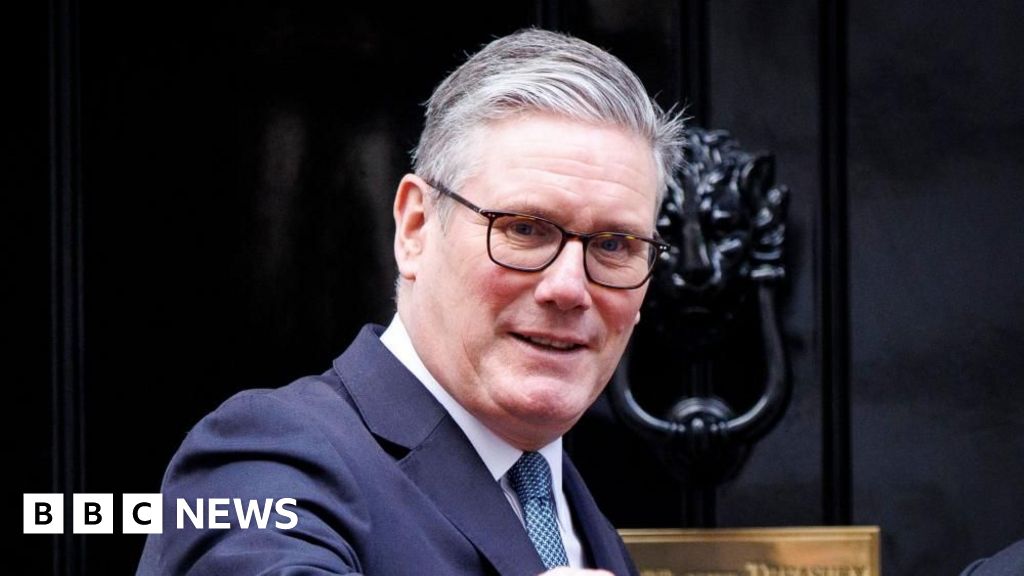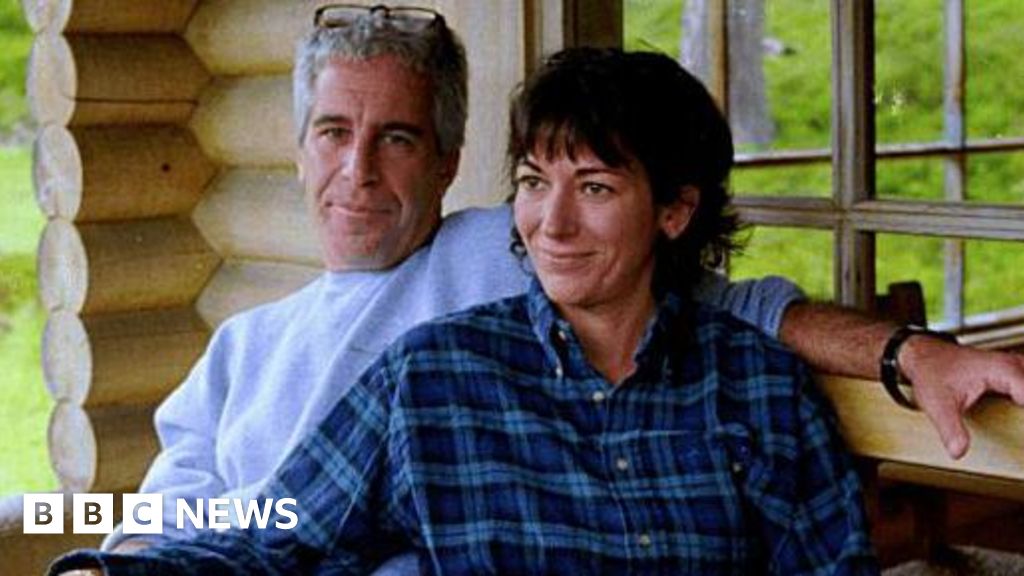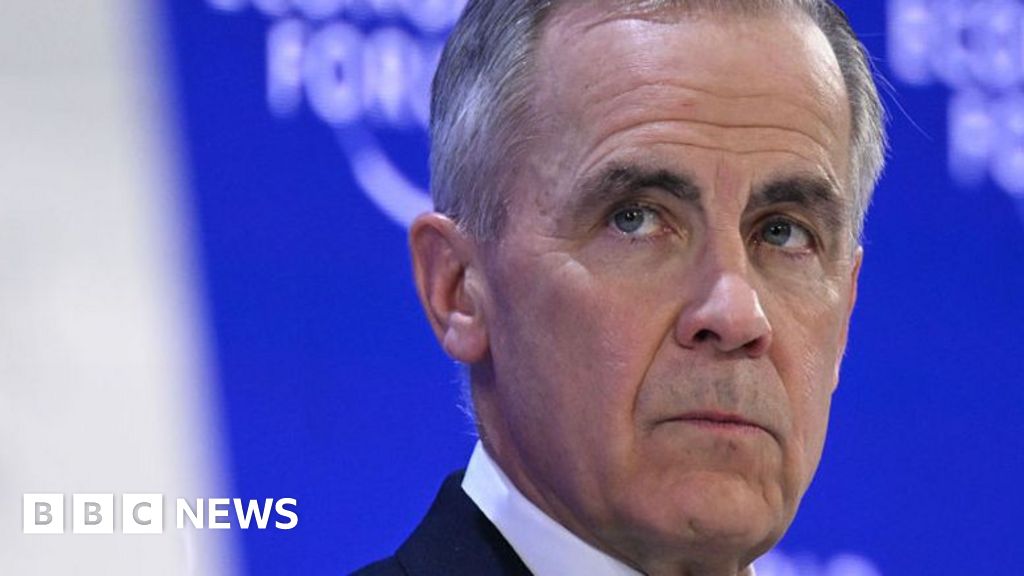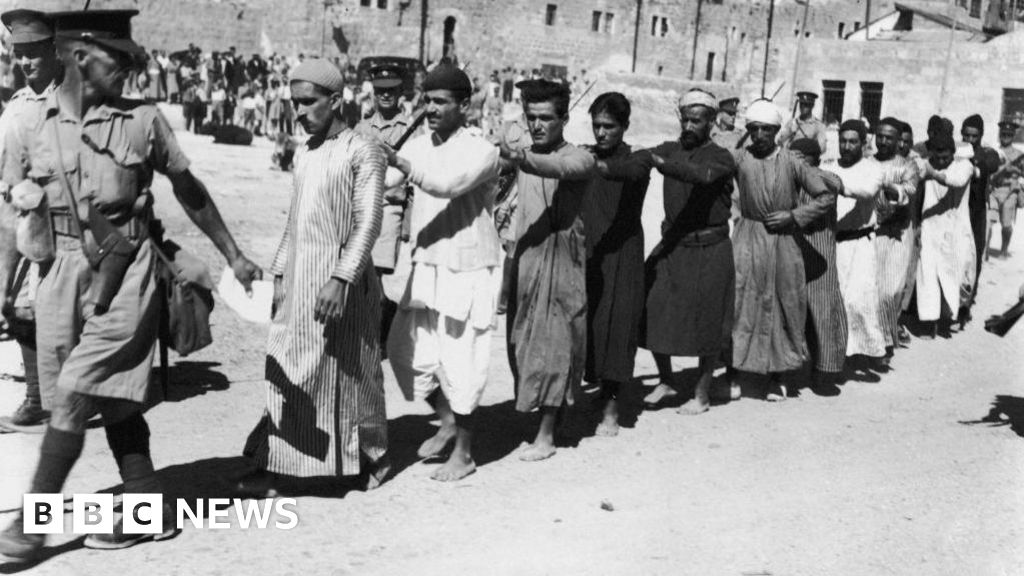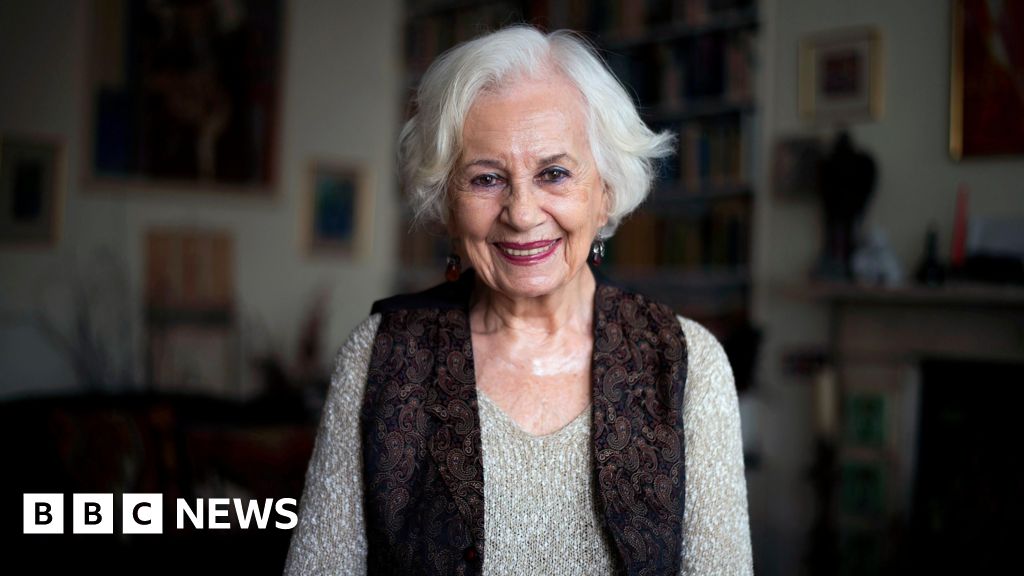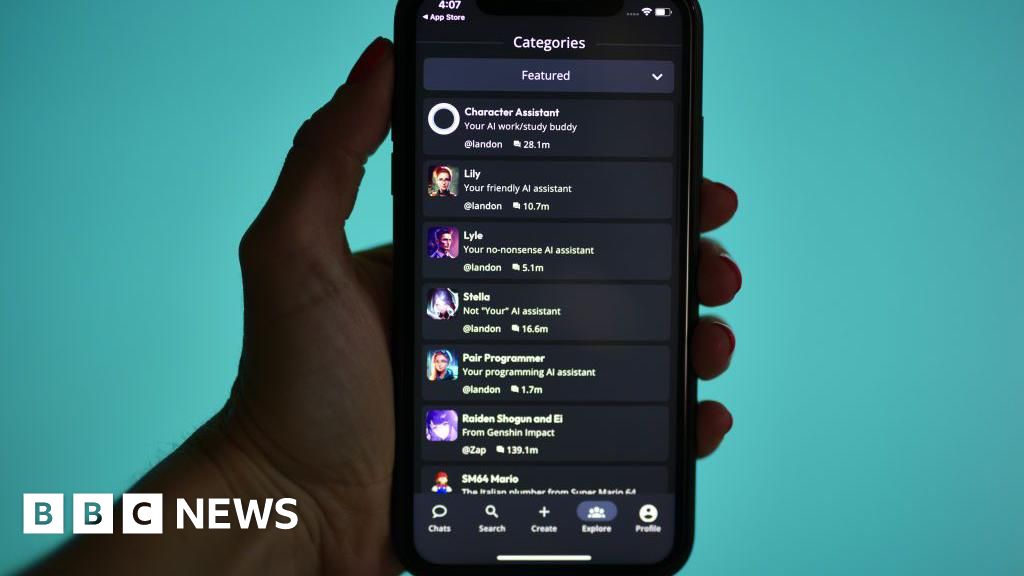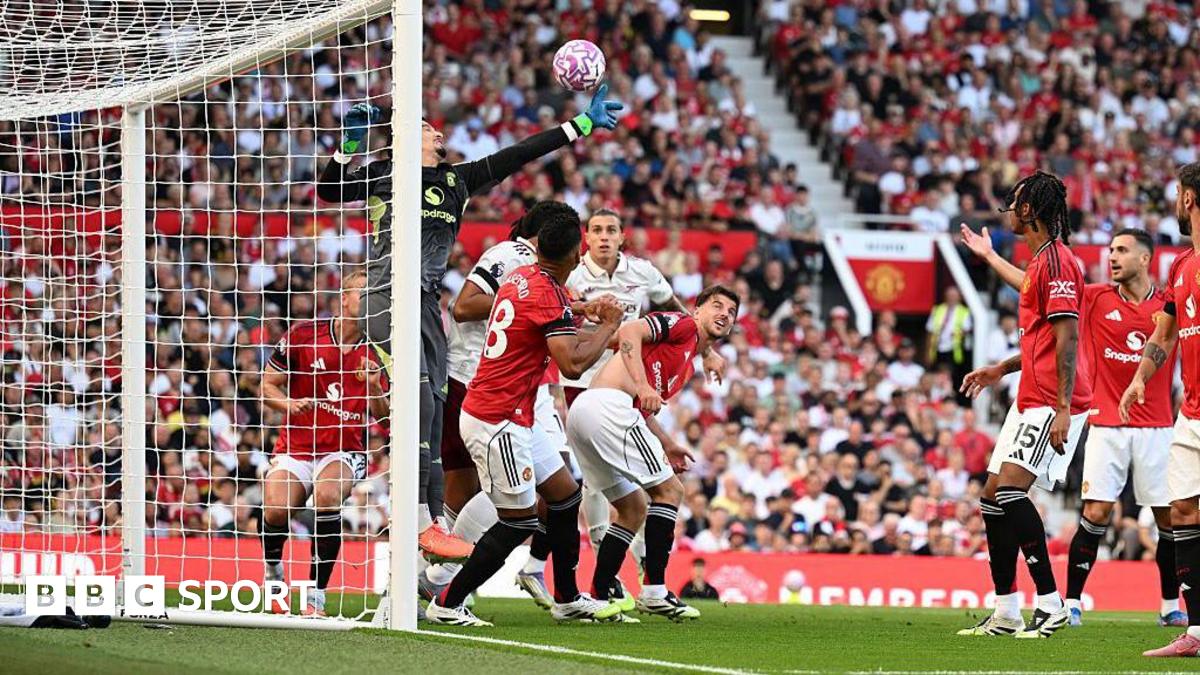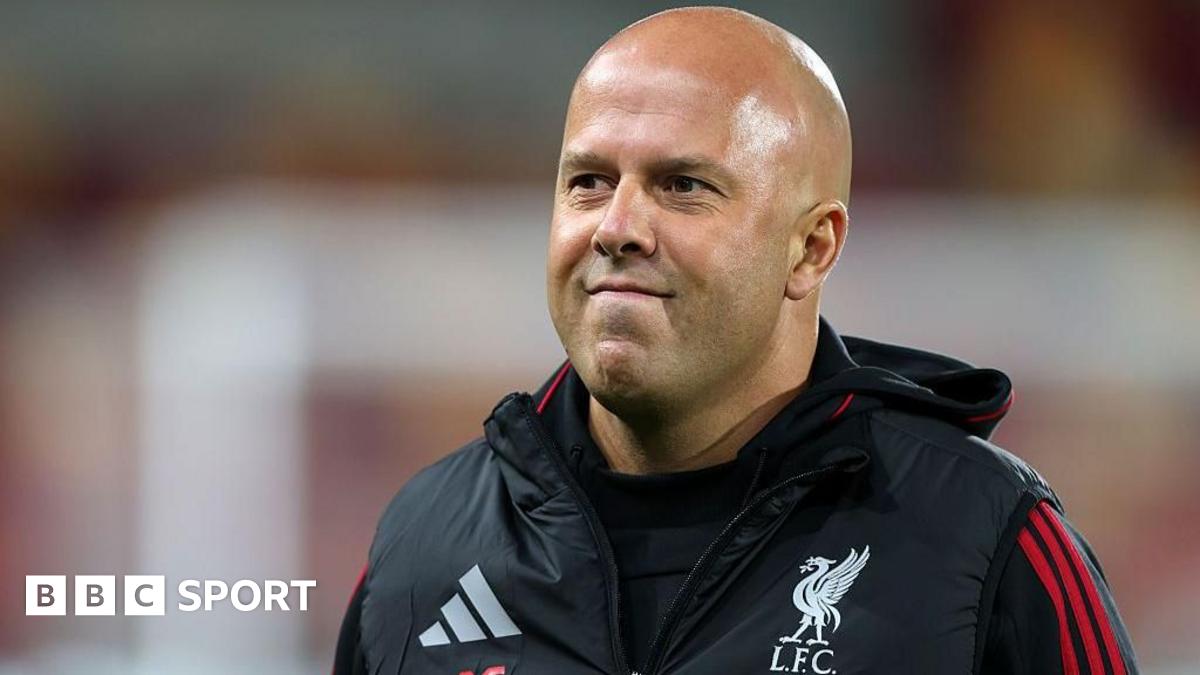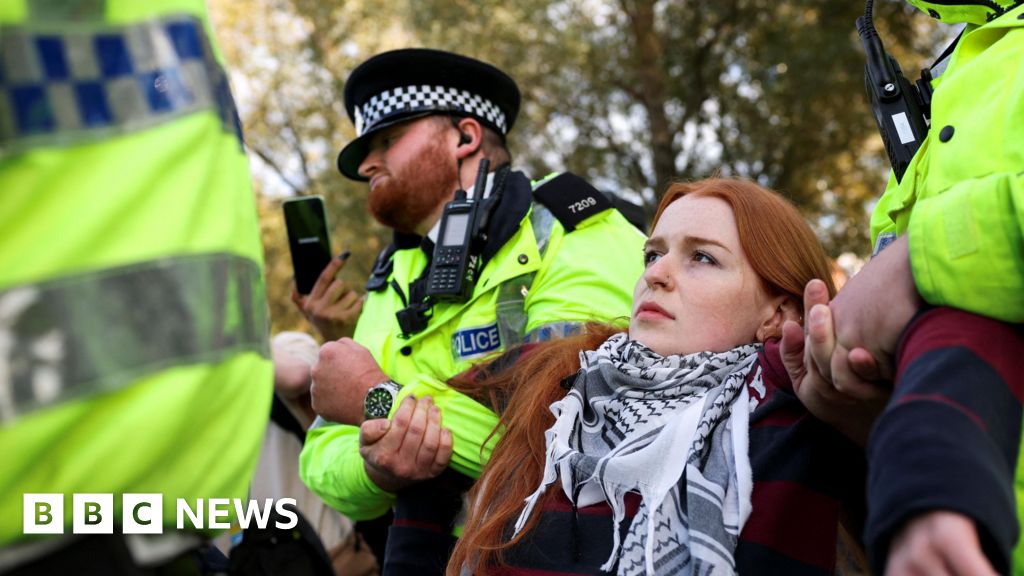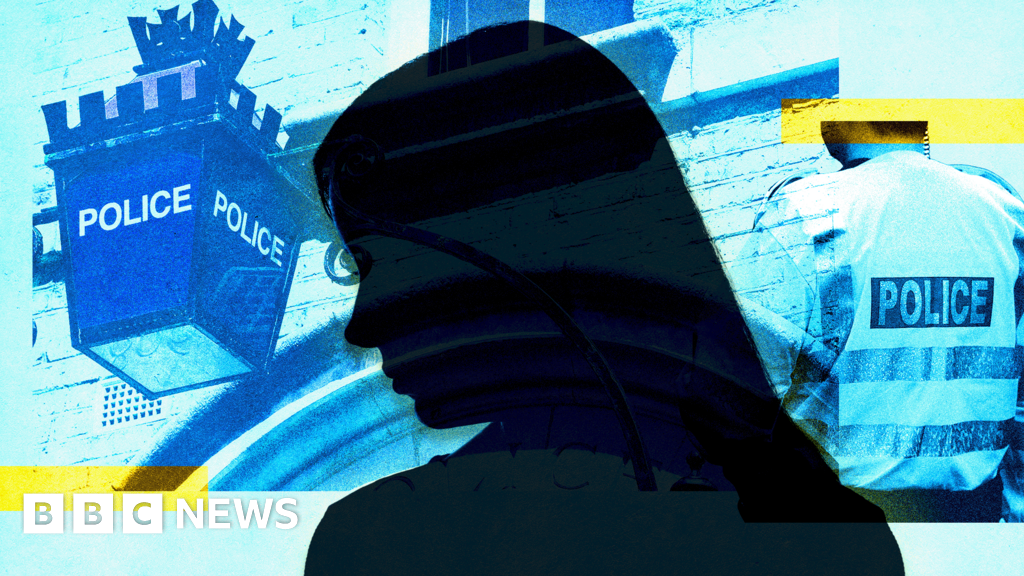Former prime minister Rishi Sunak has stepped up his call for a targeted screening programme for prostate cancer.
In a BBC interview he said he was "convinced of the urgency " of introducing such a programme which would be affordable, deliverable and "save countless lives".
His comments come as the UK National Screening Committee reconsiders its decision from five years ago not to recommend routine screening.
Media reports suggest it may stick with its current stance.
Olympic cycling champion Sir Chris Hoy, who has advanced prostate cancer, wants younger men to be checked.
He wants the age threshold for requesting a PSA (prostate-specific antigen) blood test lowered.
Currently, it is not routinely offered to men without symptoms who are under 50.
The PSA test is controversial though. Levels can rise for reasons other than cancer, such as infections, leading to false positives. Critics say this can result in unnecessary treatment and side effects.
Sunak is an ambassador for Prostate Cancer Research, which is publishing a report on the costs and benefits of a targeted screening programme.
It would focus on men aged 45–69 with a family history of prostate cancer and black men, who face double the risk. This group includes around 1.3 million men in the UK.
The charity estimates the programme would cost £25 million a year - or about £18 per patient - similar to bowel and breast cancer screening. It assumes 20% of eligible men would be invited annually, with a 72% uptake rate. Diagnostic activity (scans and biopsies) would need to rise by 23%, with only a modest increase in NHS staffing, it says.
The benefits of introducing targeted screening for those at the highest risk outweigh the financial and logistical costs, according to the report authors.
Speaking to the BBC, Sunak said: "I've had family and friends that have been impacted by it – thankfully not lost their lives – but that partly has made me aware of why its so important we catch it early – the doctors are so brilliant now at treating you if you catch it early."
He said men, including himself, were often shy of coming forward to discuss health issues: "That's why a proactive targeted screening programme could make a difference in helping save lives."
The screening programme backed by the Prostate Cancer Research Charity would involve an MRI scan as well as the PSA test and then a biopsy.
Asked whether he might have done more while in Downing Street to push the case for prostate cancer screening, Sunak said testing had now become more reliable: "The thing that has changed is use of MRI scans so we can now much more effectively and safely target the people who most need our help - the moment is now – its deliverable and affordable".
But some medical experts are sceptical about the value of screening. They argue there is still a risk that patients will be treated for the cancer when it is not strictly necessary and will then have to live with side effects such as incontinence and erectile dysfunction.
Professor Hashim Ahmed, Chair of Urology at Imperial College, says more research is needed to determine the potential value of screening.
"The problem is we can often find disease that doesn't need to be treated and we end up causing harm...and my concern at the moment is that harm to benefit equation isn't quite right."
The National Screening Committee will have to weigh up the evidence and arguments. While the new report by Prostate Cancer Research says the implications for staffing and availability of a screening programme would be manageable, others have argued that it would take scanning capacity away from patients being treated for other conditions.
Patient voices are also shaping the debate. On a recent visit to a prostate cancer clinic at Guy's Hospital in London, Sunak met David Bateman who is 66. After asking for a PSA test he was diagnosed with the cancer at the age of 59 and was told it had spread to his pelvis.
He has since been given chemotherapy, radiotherapy and hormone treatment but cannot be cured. David supports screening for those who are potentially vulnerable.
"That is very important to me because of my sons – they are 38 and 40 – I want them checked as soon as possible. If I had been screened at 50 I am sure I wouldn't be in the position I am today," he said.

 3 months ago
88
3 months ago
88

